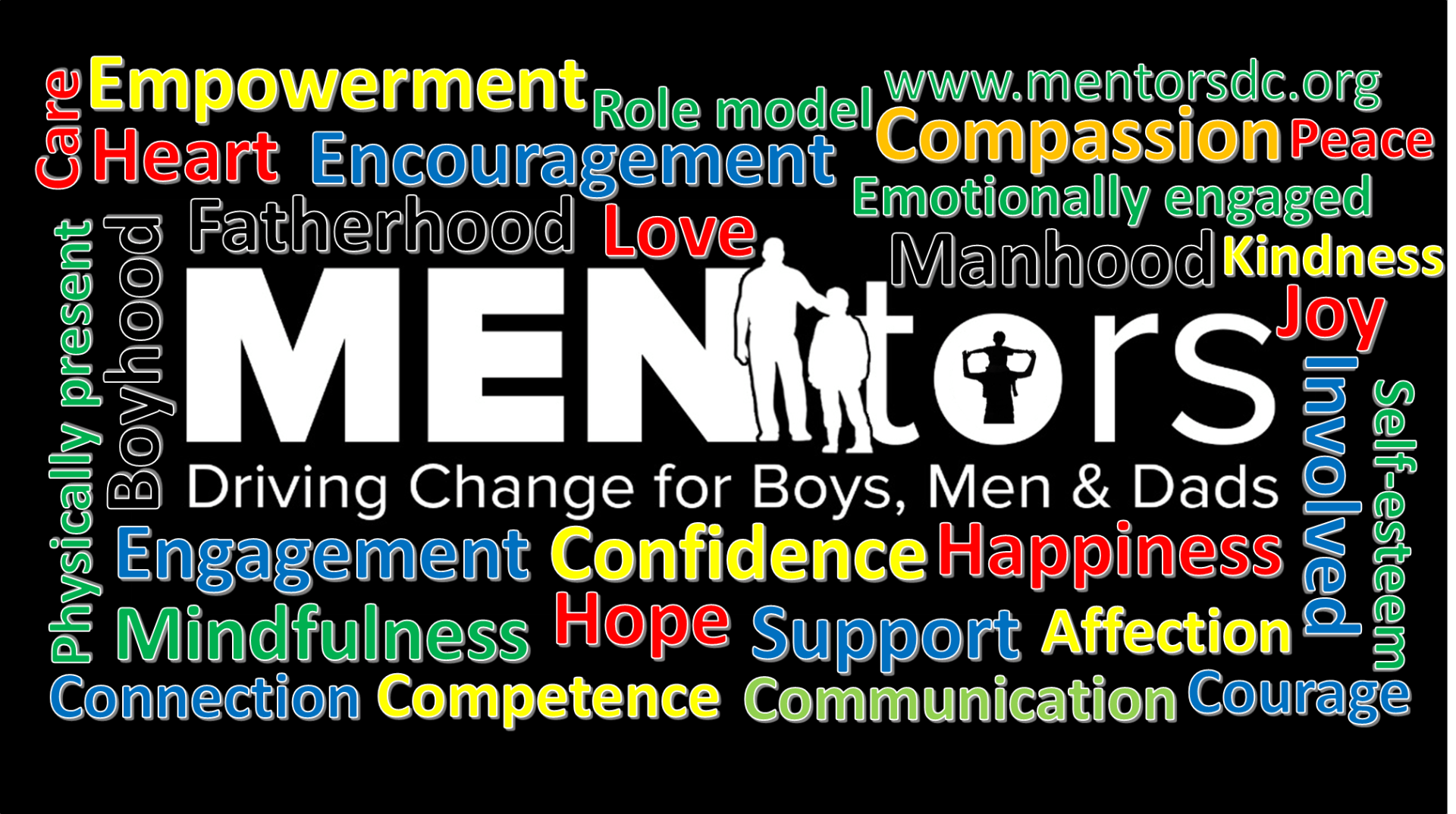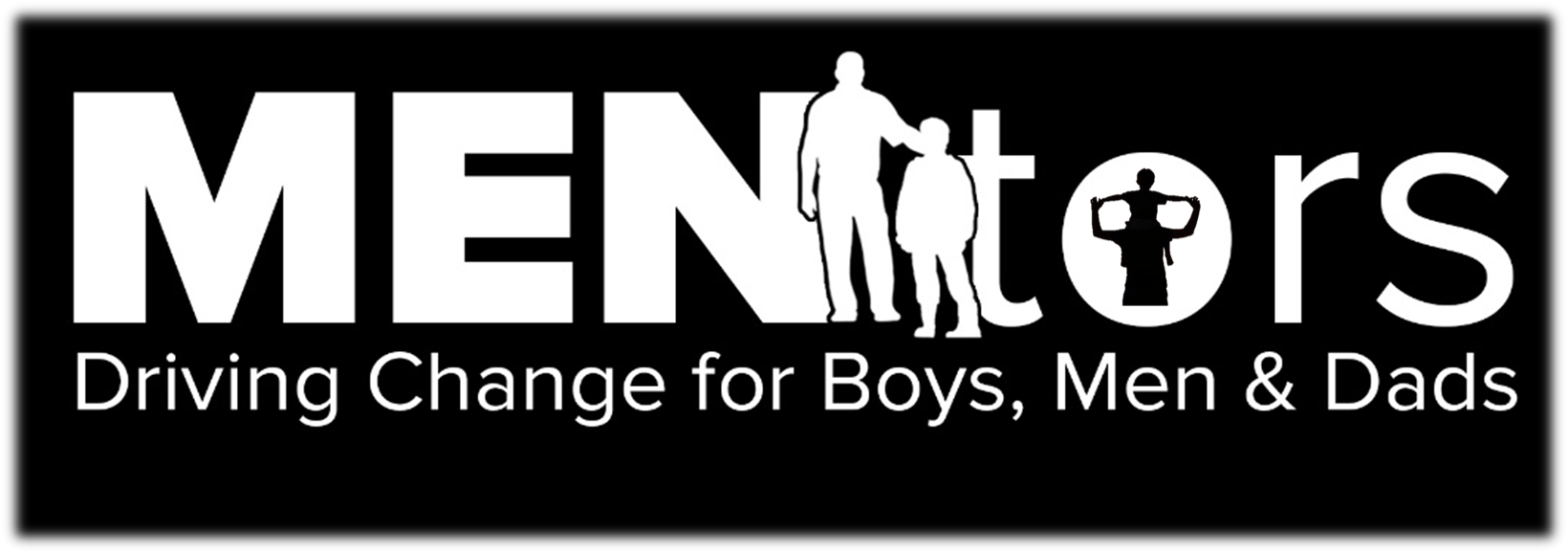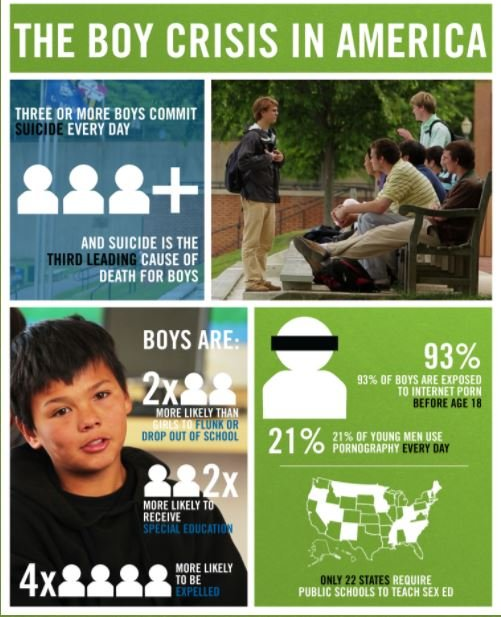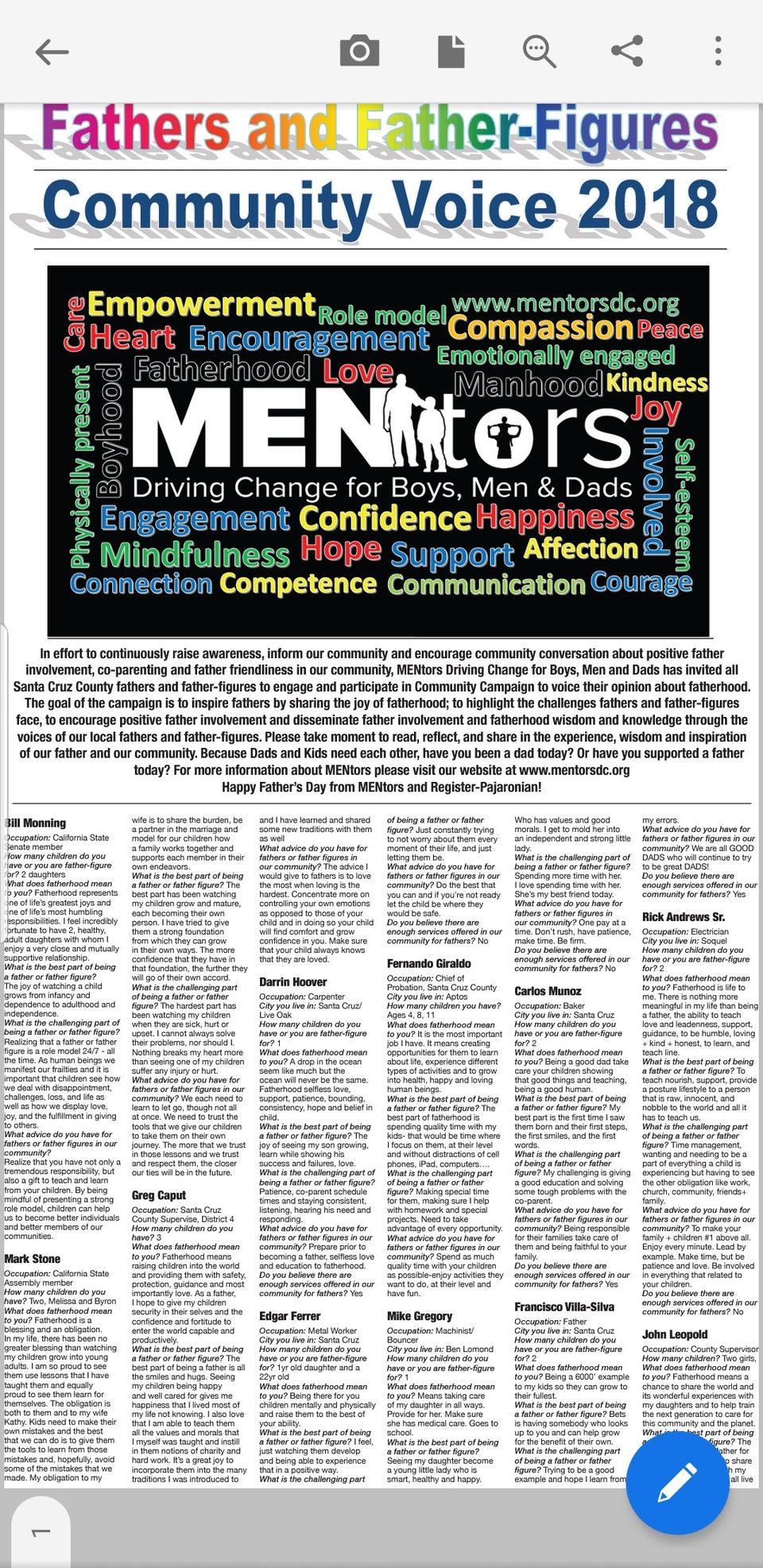What our boys say about us?
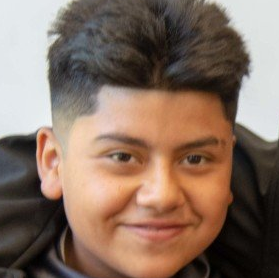
What do you like about MENtors group?
"We spend time together and had a good time"
"We learn how to become a better person and man"
"The fun activities we did"

What was your favorite part of the group?
"Taking about how we are doing"
"Chilling with my friends and learning new things"
"When i am sharing about my self"
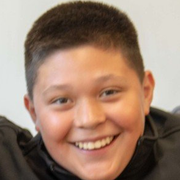
What things did you learn from the MENtors group
"How to relieve stress"
"How to express my feeling"
"Self-value"
"I learned to think about myself"
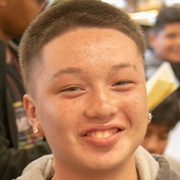
What did you learn about yourself?
"That my feelings aren't always expressed in a good way"
"I need to do a lot of improvement"
"Feeling good about myself"
The Mask You Live In
As early as elementary school, boys confront messages about what it means to be man that can produce “toxic masculinity”, leading them to suppress their emotions, deny their need for close friendships, objectify and degrade women, and resolve conflicts through violence. This also reinforced the cycle of absent fathers.
What is the problem we address?
Research shows that boys in the U.S. greatly suffer the impact of an absent father, resulting in higher rates of:
• Behavior disorder, and/or anti-anxiety/anti-depressant prescriptions,
• School expulsion or drop out,
• Binge drinking and substance abuse,
• Violent criminal behavior and suicide.
Research shows that children from fatherless homes comprise:
• 63% of all youth suicides
• 71% of all high school dropouts
• 75% of all adolescent patients in chemical abuse centers
• 75% of foster youth
• 85% of all youths in prisons
• 90% of homeless and runaway children
